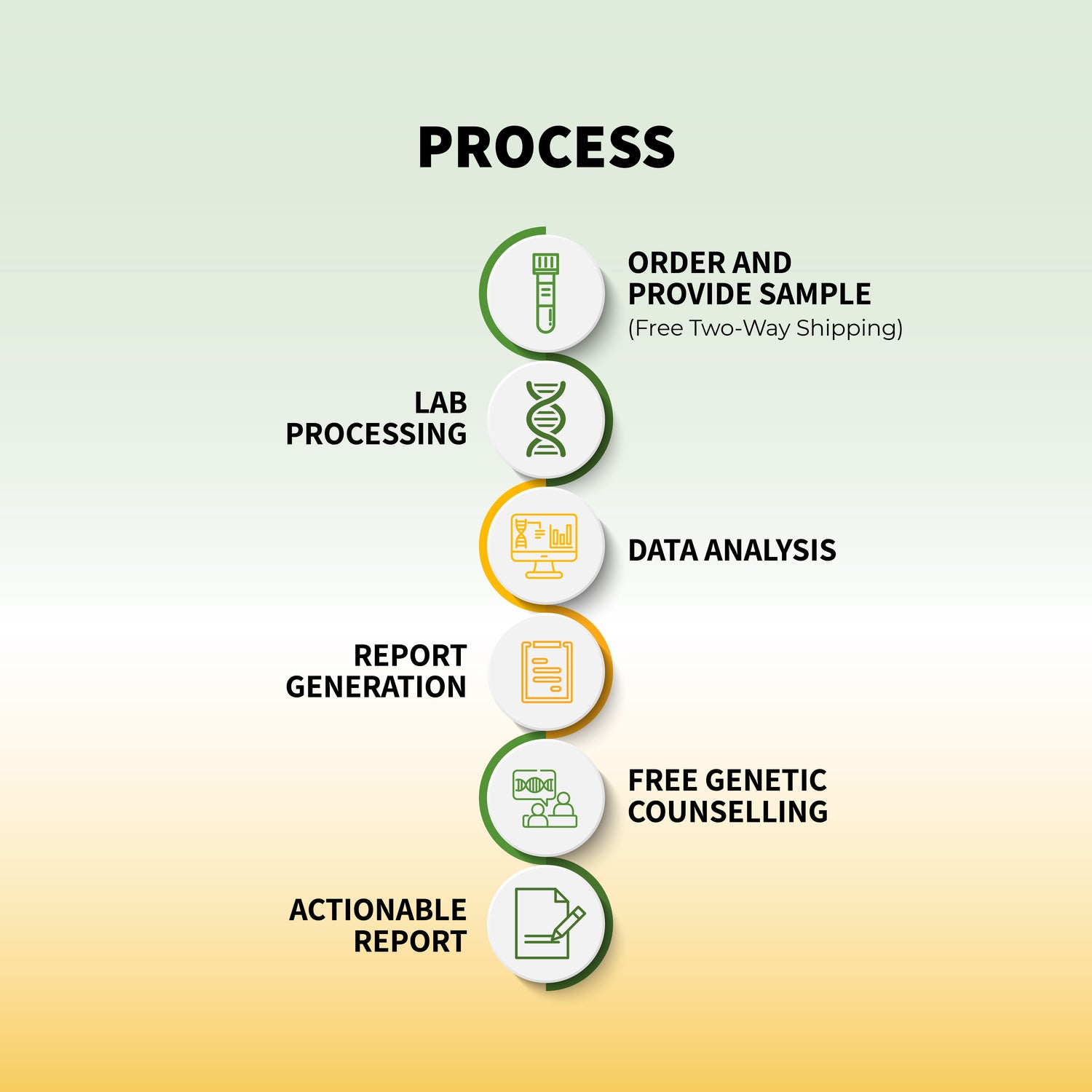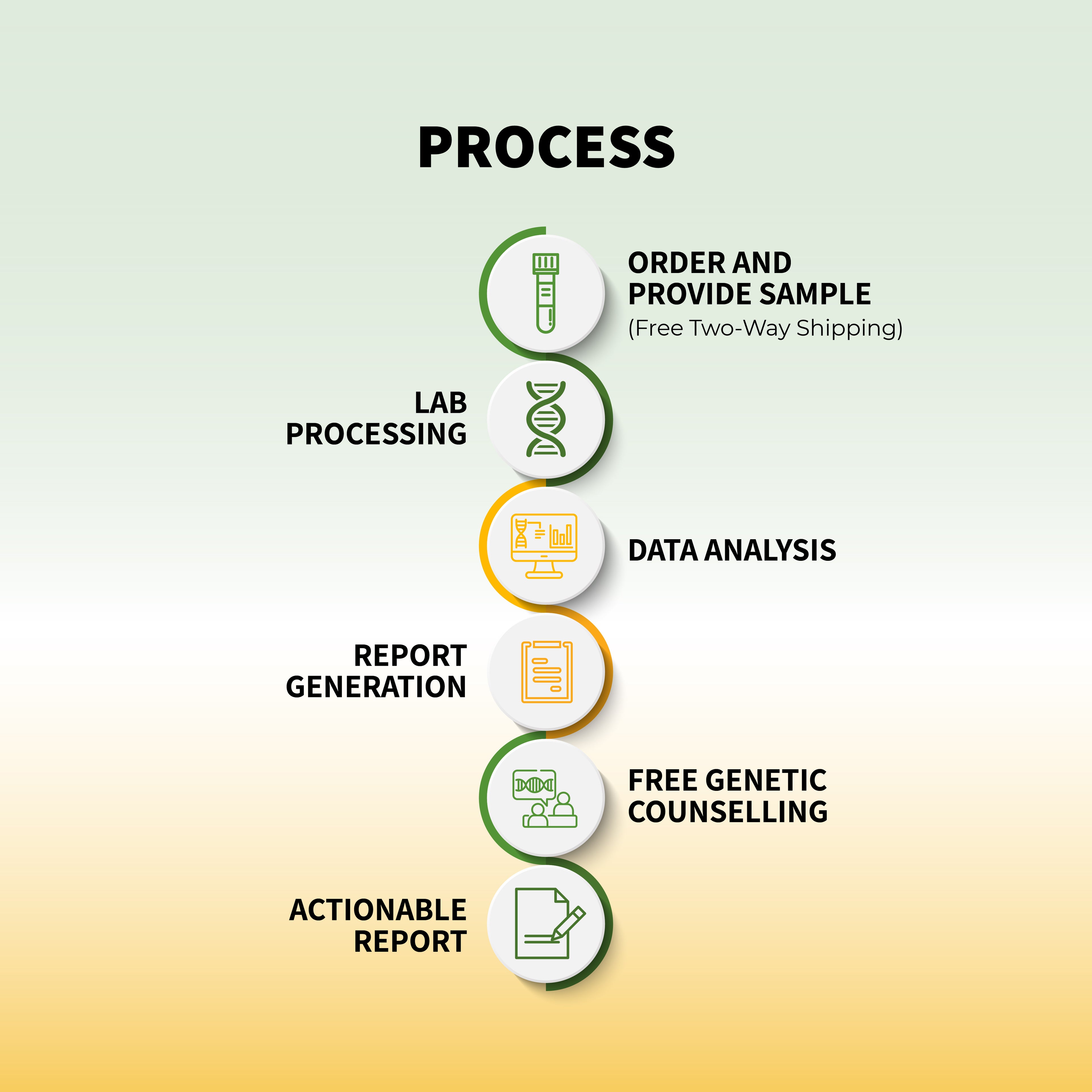Magnesium, the quiet achiever of the mineral world, is crucial for over 300 biochemical reactions in our body. It’s the unsung hero that supports our energy production, muscle function, and even the synthesis of DNA and RNA. But did you know that your genes play a significant role in how your body manages magnesium? Let’s dive into the fascinating world of magnesium and its genetic connections.
Genetic Insights into Magnesium Levels
Recent studies have shed light on how our genetic makeup influences magnesium levels. Research involving over 15,000 individuals found six genomic regions associated with serum magnesium concentrations, near genes like MUC1, SHROOM3, and TRPM6 1. These discoveries are not just scientific triumphs; they offer practical insights into personalized health and wellness.
Genomepatri and Myfitgene: Your Personal Genetic Counselors
Genomepatri and Myfitgene are at the forefront of translating these genetic insights into actionable health advice. Genomepatri offers over 100 reports that can reveal how your genes affect your health, including your magnesium levels. Similarly, Myfitgene provides personalized fitness and nutrition reports, helping you tailor your diet and exercise to your genetic profile.
Magnesium Disorders: A Deeper Understanding
A recent article in The New England Journal of Medicine delves into magnesium disorders, highlighting the importance of this mineral in health and disease 2. It discusses the molecular and cellular mechanisms regulating magnesium and the clinical relevance of maintaining proper magnesium levels.
Incorporating Magnesium into Your Life
Understanding your genetic predisposition can help you make informed decisions about your diet and lifestyle. Foods rich in magnesium include leafy greens, nuts, seeds, and whole grains. For those with a genetic tendency to have lower magnesium levels, supplements might be a beneficial addition, after consulting with healthcare professionals.















